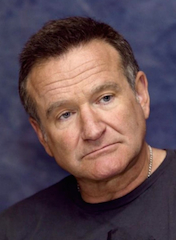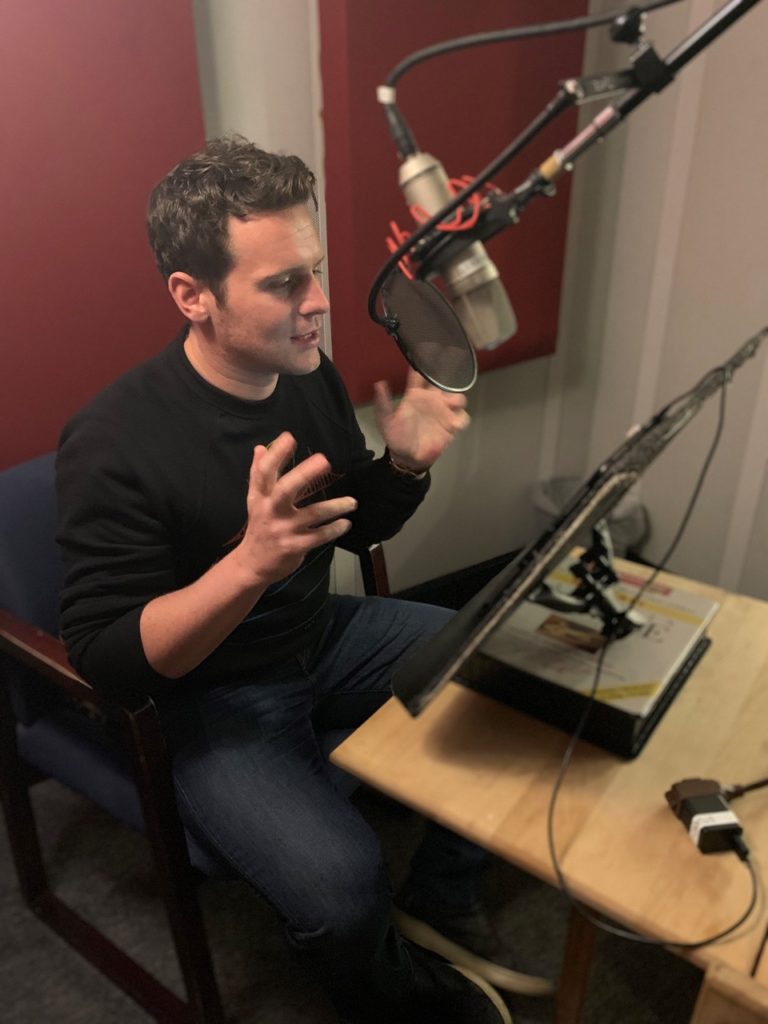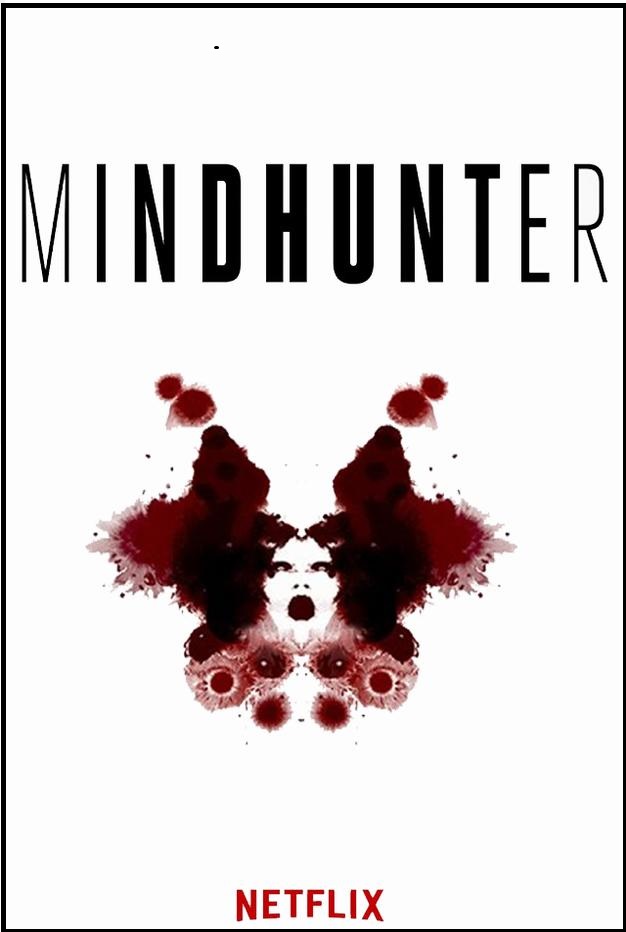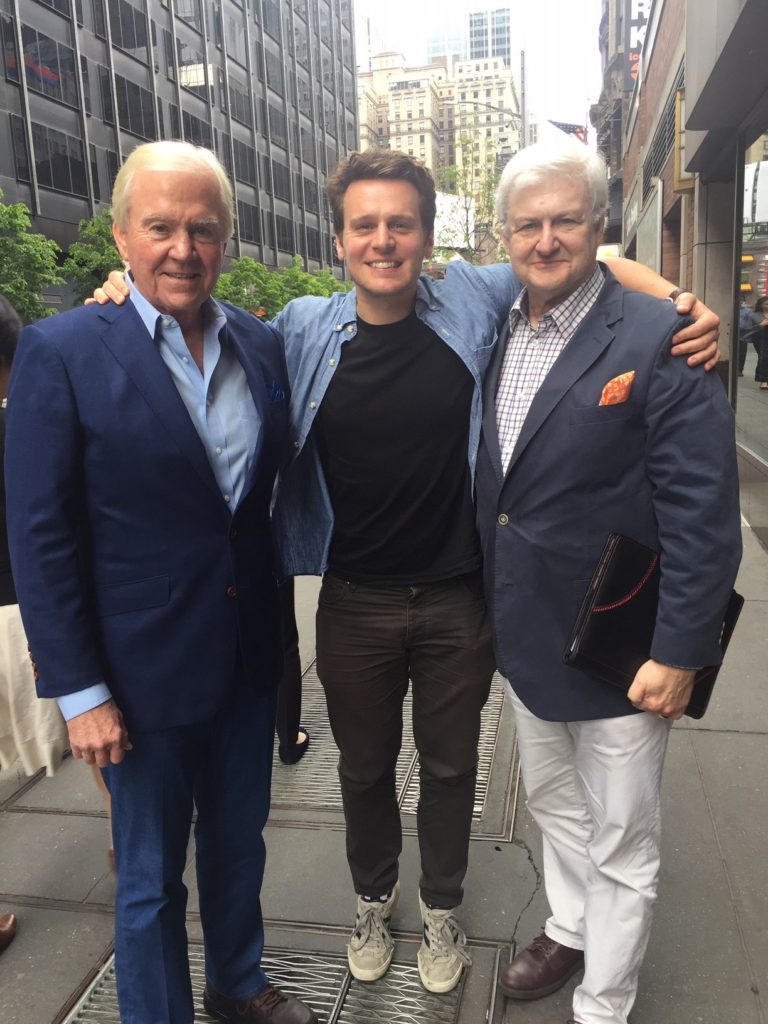This is a variation and update of a column I wrote last year when two prominent radio hosts and motivational speakers committed suicide. Unfortunately, it is again relevant to the news.
It used to be when I would give speeches for victims’ rights organizations or homicide survivor groups, I would begin with this observation:
While all deaths are tragic, there is one type of death that is more tragic than all the others, and that is murder. In virtually all other deaths in our society, the individual is surrounded by a support system of some sort, whether it is family and friends, doctors and nurses, police, fire or EMT personnel, or selected others. Only in murder cases is the individual alone, bereft of friends, hope or comfort, terrified and often in pain.
After one such presentation in southern Virginia, a woman came up to me and stated she was moved by what I had said, but there was another type of death that fulfilled the same grim criteria.
And that was suicide.
She told me that her son had committed suicide the year before, and had suffered all of the same aloneness and pain as murder victims. Moreover, she and her husband experienced the same sense of loss, emptiness and destruction of future possibilities as homicide victim survivors feel.
I couldn’t disagree.
This all came back to me again upon hearing that 63-year-old comic genius Robin Williams had taken his own life in a bedroom of his home in Tiburon, California.
No particular insights here, only a vicarious sadness that someone clearly so caring, with so much to live for, had a need to forsake all hope and possibility for the present and future. The fact that he couldn’t bear to stay alive, even for his wife and children, speaks volumes about the depth of his psychic pain and despair.
We have often heard of the dark side in the lives of so many people who make us laugh. And clearly, much of Mr. Williams’ work was rooted in the reality of pain. Fellow comedian Gilbert Gottfried recalled a story that pretty much said it all about the relationship between humor and darkness:
“I remember hearing that Robin was once doing a press junket in Germany. One of the reporters asked him, “Why is it that Germany is not known for comedy?” Robin answered, “Well, you killed all your funny people.” I laughed out loud when I heard that. I thought, how sick and how wonderfully truthful.”
I am also reminded of Edwin Arlington Robinson’s poem, “Richard Cory,” about a handsome, stylish, fabulously rich gentleman who was also invariably gracious, and whom everyone envied. The last stanza packs one of the greatest emotional punches of contemporary poetry:
“So on we worked, and waited for the light,
And went without the meat, and cursed the bread;
And Richard Cory, one calm summer night,
Went home and put a bullet through his head.”
We had heard that Mr. Williams was “battling severe depression,” but that sounds so cold, analytic and detached. Regardless of what demons were torturing him, regardless of his fame, fortune, talent and popularity, let us acknowledge that no matter how people seem on the outside, we never know what challenges or demons they face inside. We do not excuse the demons in those who feel a need to take the lives of others. But we ought to feel great compassion and empathy for those who feel a need to take their own.
Because they are also victims.




























It has been a struggle over these last 10 days to put into words the intense sadness that Robin Williams death has engendered in me. He was a touchstone for my generation who grew up with his kid-friendly work, were touched by his dramatic roles, and enjoyed every snarky moment of his darker comedic ones. If all the world is a stage, the brightest light in the rigging just went out and there’s a deep shadow left that cannot be illuminated.
Many in the public and the press have said that they can’t believe someone so funny, so successful, so caring, so bright could do such a thing to himself, to his wife, to his kids. Anyone who has lived with the demons of severe, debilitating mental illness CAN understand the impulse, though they may not want to admit it. When you are THAT low, when it hurts THAT much, when things are THAT bad, you don’t think of how much you are loved, how much you have, how many people you are leaving behind … all you can think of is how much it hurts and that anything, really, is better than that.
The tragedy is how many people cannot understand that mental anguish and suffering is just as bad as (if not worse than) any physical injury. If more people understood that, we would be a step closer to making our society much more accepting and understanding of those with mental disorders and could help more people like Robin Williams.
The same values that drive our success: pull yourself up by the boot straps, achieve and a continuous energy, can turn on us and be the driving force towards self-destruction.
I suffered through two types of depression: one as a result of having recurring mono and the other from the psychological effects of dealing with being undiagnosed for so long and believing it was a character flaw.
In my research, Dr Natan Kline, MD in, “From Sad to Glad” learned that depressive guilt was not a universal symptom of depression. He practiced psychiatry in Malaysia, found depression to be as prevalent there as in the US, but no one committed suicide. It was no uncommon as the villagers went to work and two men remained behind: one sick in bed and the other muttering to himself.
I am saddened at such a tragic end to a man who brought laughter to others.
Suicide is a personal tragedy that can have many different roots we do not always suspect. People who commit suicide may not have left clues that may have helped those who care for them try and do something. Thus, there is no way to be sure that we’ll be able to prevent suicides, whether it be by loved ones or by strangers.
But suicide is not only a personal tragedy. While I am no expert (except for the sad number of suicides that hit too close to home), I believe that the simple fact that not all countries have the same suicide rate, or the same suicide rate over time, shows that, even though our societies may not be able to prevent each and every suicide, some of what they do tends to prevent suicide, or on the contrary make it more common.
On thing that strikes me is how our societies seem to have too little human support system. Joblessness, disability, illness, old age – the basic material needs deriving from these may be better cared for than before, through society’s social safety nets, but these cannot replace human contact and direct solidarity gestures, from family, friends, neighbours, passers-by. I’ve seen the roots of social “aloofness” start to take place in Africa, with people going away from the village and getting estranged from the “village mentality”, then moving, studying abroad, and maybe ending up far away from one another… I am not a nostalgic of the “village mentality” as this may also bring its own ills such as gossip and social pressure, but we probably need to reinvent another way of ensuring human warmth in our current society…
Suicide is a personal (and a family’s) tragedy. But I believe it is, at the same time, one of society’s most important duties not to consider that as a mere “tragic accident” but instead as a symptom of social ills to address.